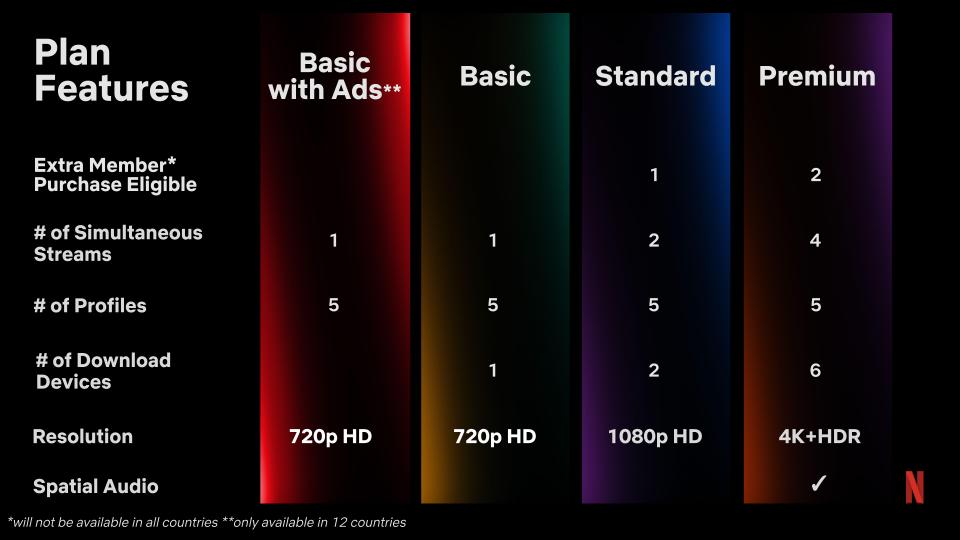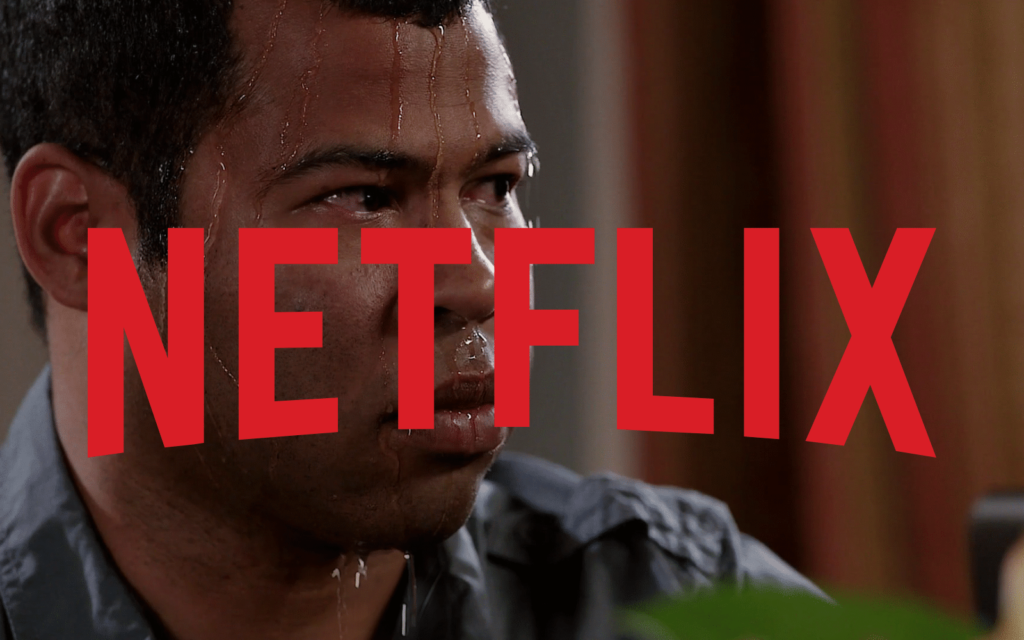Last week, Netflix sprung a little leak. An FAQ turned up online that the company later said was published in error. That FAQ explained in more detail how its password-sharing crackdown would work. Published in error or not, this week the streaming company has expanded the regions where password sharing has become more limited.
Of course, this isn’t actually a surprise. The company said last month that it would make its new password policies “more broadly” available over the course of this year. In February, the new standard is being applied to New Zealand, Canada, Portugal, and Spain.
Netflix needs money
The streaming company isn’t pitching its changes as limiting password sharing, of course. Instead, users are being told that Netflix is “giving members greater control over who can access their account”. And, if we’re being wholly fair, more of these features permit exactly that. It’s just that most of them end with Netflix gaining subscribers or additional cash.

Accounts can be set to a primary location. That would be your home WiFi, where the various profiles should access the service at least once a month. Users can kick specific profiles and users off their accounts, which is handy for anyone dealing with moochers. And users can take an existing profile and turn it into a new (paid) account while preserving that profile’s activity.
It’s also possible for subscribers in Canada, New Zealand, Portugal, and Spain to pay for an additional member on their accounts. But there’s a catch. You need at least a Standard or Premium subscription in order to do so. If you pay for Premium, you’ll be permitted to pay for up to two new members. The newly-added countries will pay between R76 (Portugal) and R115 (Spain) per added account.
The company said that “we’ll refine these new features based on member feedback so that we continue to improve Netflix in the years ahead.” And don’t think you’re getting off paying the extra fee to keep Uncle Jim on the account. These features are “now ready to roll them out more broadly in the coming months”. This is just the current step.




